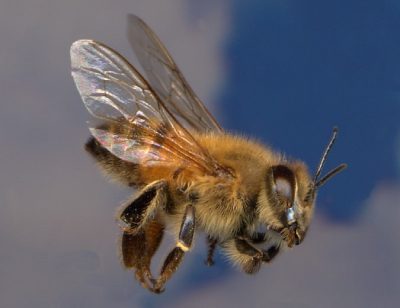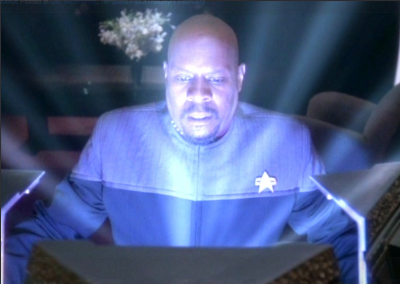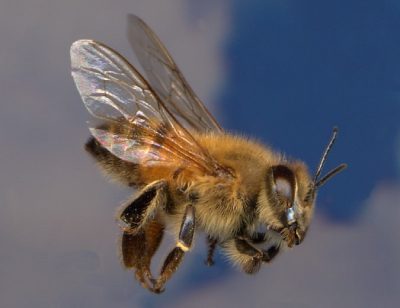Killer Bee Invasion is a satirical series written by David A Banks and Britney Summit-Gil that explores the way news media outlets cover major events. Previous posts are: Part 1 and Part 2.

Exposed: Giant Bee Invasion Last Act Of Obama Administration
As President Trump was being inaugurated on January 20th, a black hole reportedly opened in the skies above Poughkeepsie, New York. Out poured hundreds of enormous bees, and news outlets report that hundreds have been killed.
But is the giant bee invasion the final act of the Obama administration, intended to sabotage President Trump on day one? Sources deep within the previous administration have told Infowars that there was strong evidence to support Obama’s involvement, including visits from prominent physicists, exobiologists, and bee experts shortly before Obama’s departure from the White House.











